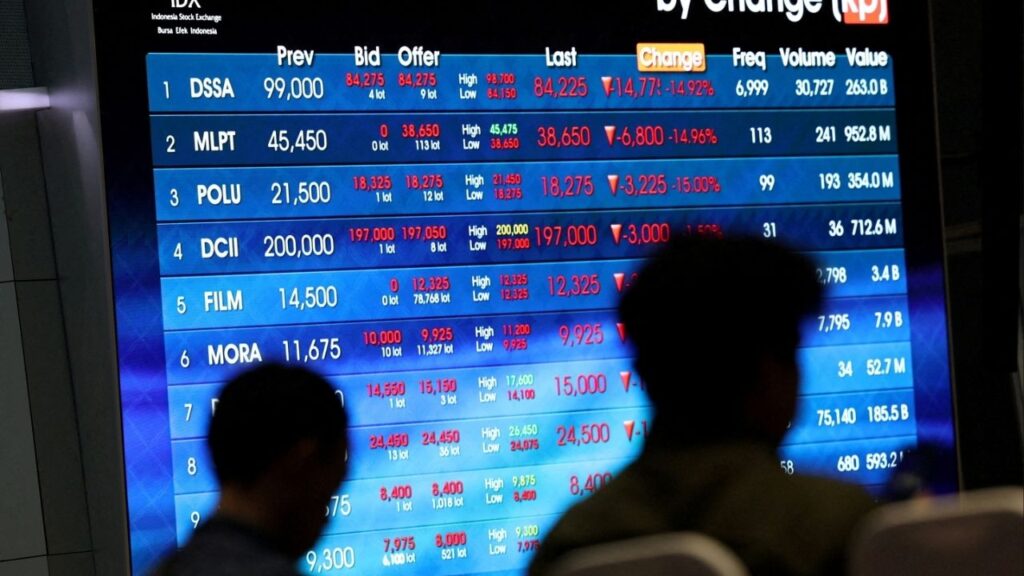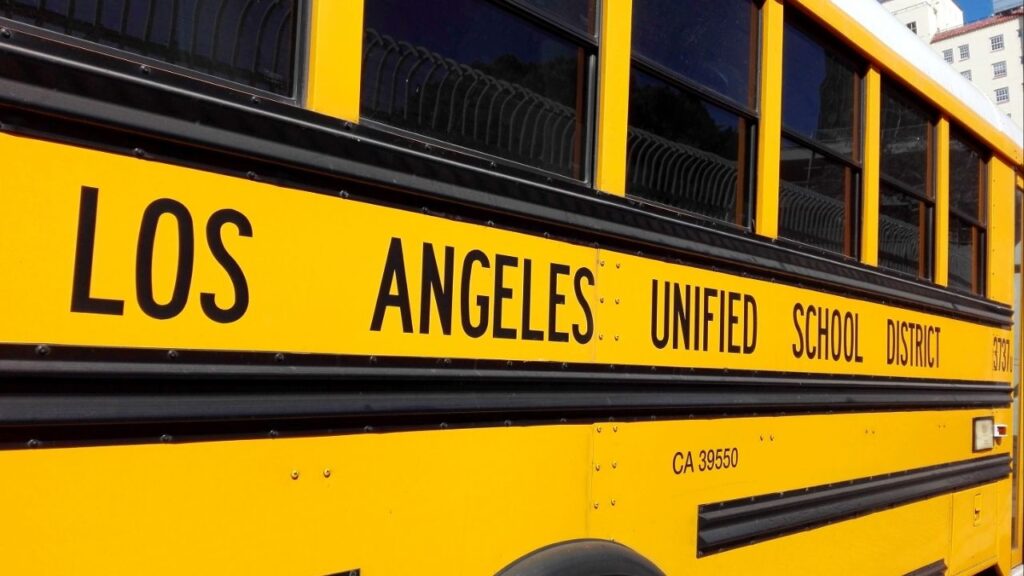Share
The good news for millions of out-of-work California workers is that the federal government is offering them an additional $300 per week in unemployment insurance benefits.
The not-so-good news is that the bonus is just half of the $600 in extra jobless benefits that expired nearly a month ago, it’s uncertain when it will begin and it may last only a few weeks.

Dan Walters
Opinion
There’s another problem. The state Employment Development Department is already behind on processing hundreds of thousands of unemployment insurance claims so whenever the Federal Emergency Management Agency sends more money to California, it could take many weeks for cash to reach stressed-out workers.
The payments are desperately needed as California grapples with its highest unemployment level since the Great Depression, induced by shutdowns ordered to combat the COVID-19 pandemic.
The state’s official unemployment rate topped 16% in June but fell to 13.3% in July, as businesses rehired in response to Gov. Gavin Newsom’s initial reopening. However, the July rate, announced last week, was based on federal surveys conducted during the week of July 12, which exactly coincided with Newsom’s second shutdown order.
California’s Official 13.3% Jobless Rate in July Was Fifth Highest of Any State
Since then, unemployment has soared again and could approach 20% this month if more than a half-million workers who have left the labor force since last year are counted. They push total real-world unemployment to more than 3 million, identical to the 3.1 million Californians now receiving state and federal unemployment insurance benefits.
The data indicate that California’s economy has, in relative terms, been hit harder than most other states, and Southern California is the epicenter of our dramatic economic decline.
California’s official 13.3% jobless rate in July was the fifth highest of any state. Los Angeles County had the second-highest rate among California’s 58 counties at 18.2%, and the Los Angeles-Orange County metropolitan area’s 18.1% rate was the ninth highest of the nation’s 389 recognized regions.
Behind those numbers are millions of families worried whether they can make their rent, mortgage, and utility payments, put food on the table and otherwise survive the pandemic, the recession and, more recently, horrendous heat waves and terrible wildfires.
State and federal unemployment insurance benefits, more than $67 billion, were keys to familial survival in the pandemic’s first months. That includes the $600 weekly bonus money that Congress and President Donald Trump provided in the CARES Act, but it expired on July 31 and Trump and Congress have been at loggerheads ever since on additional relief.
Officials Blamed the Suddenness of Crisis and Antiquated Computer System for the Delays
Meanwhile, however, the chronic inability of the Employment Development Department to quickly deliver approved benefits is making matters worse.
Administration officials were summoned to an Assembly budget subcommittee hearing this week to defend themselves and receive a bit of a tongue-lashing from lawmakers whose constituents are complaining about employment department lethargy.
Officials blamed the suddenness of the crisis and a very antiquated computer system for the delays but said things are improving.
“We’ve seen great movement in the last four weeks,” Sharon Hilliard, director of the Employment Development Department, told lawmakers, adding, “We’re going in the right direction.”
Subcommittee members were skeptical and one, Assemblyman David Chiu, was sharply critical of the department’s reliance on Deloitte, a major consulting firm, for trying to shore up its present computer system.
“We’ve seen this movie before,” Chiu, a San Francisco Democrat, told Hilliard. “There’s been failure after failure after failure.”
Newsom has created a “strike team” to delve into the employment department’s shortcomings and propose solutions. Meanwhile, hundreds of thousands of unemployed Californians await benefit payments that for many could be the difference between survival and homelessness.
CalMatters is a public interest journalism venture committed to explaining how California’s state Capitol works and why it matters. For more stories by Dan Walters, go to calmatters.org/commentary.
[activecampaign form=19]RELATED TOPICS:
Categories

Stocks Gain Supported by Tech Rally as Markets Await Nvidia


















